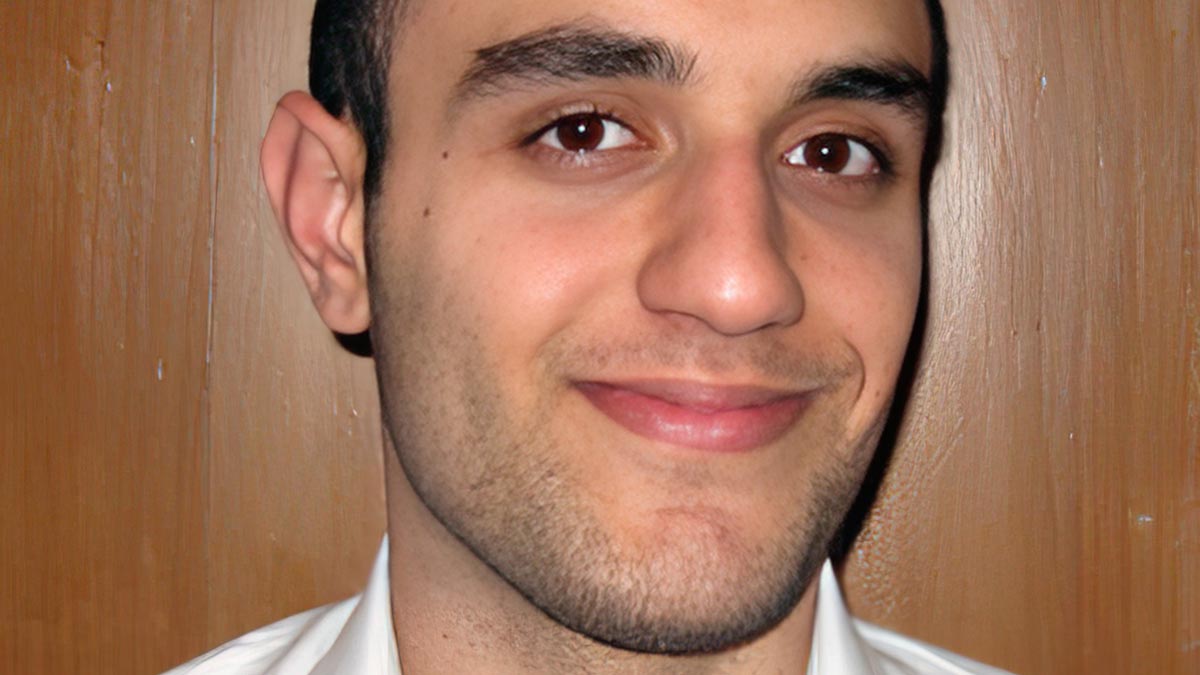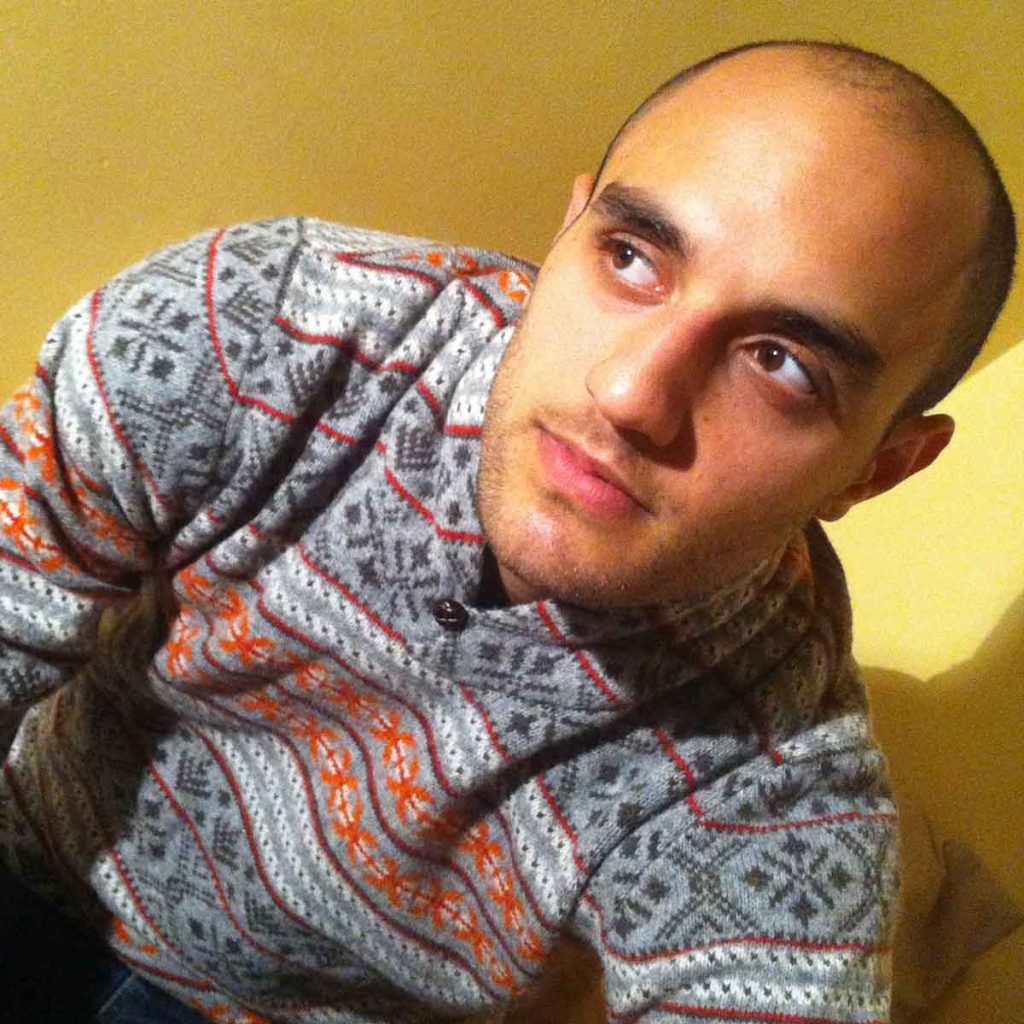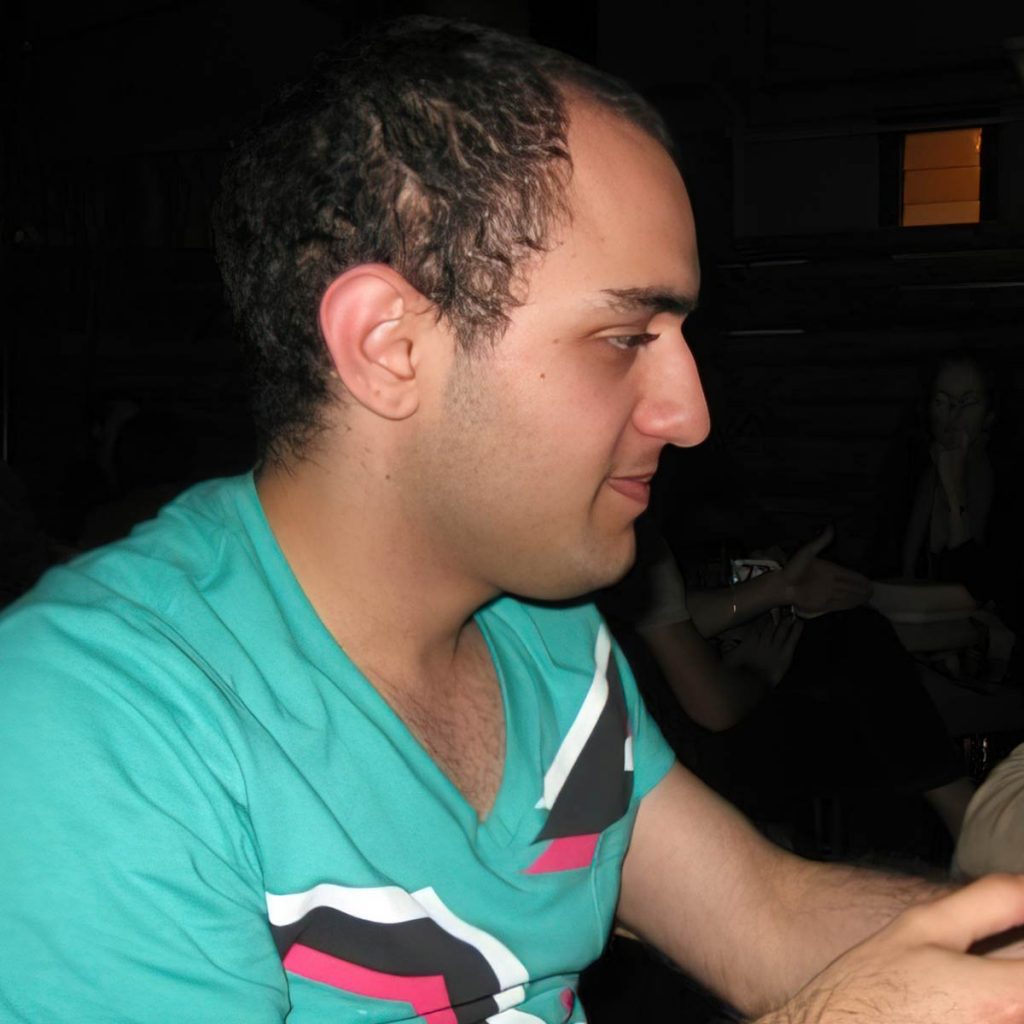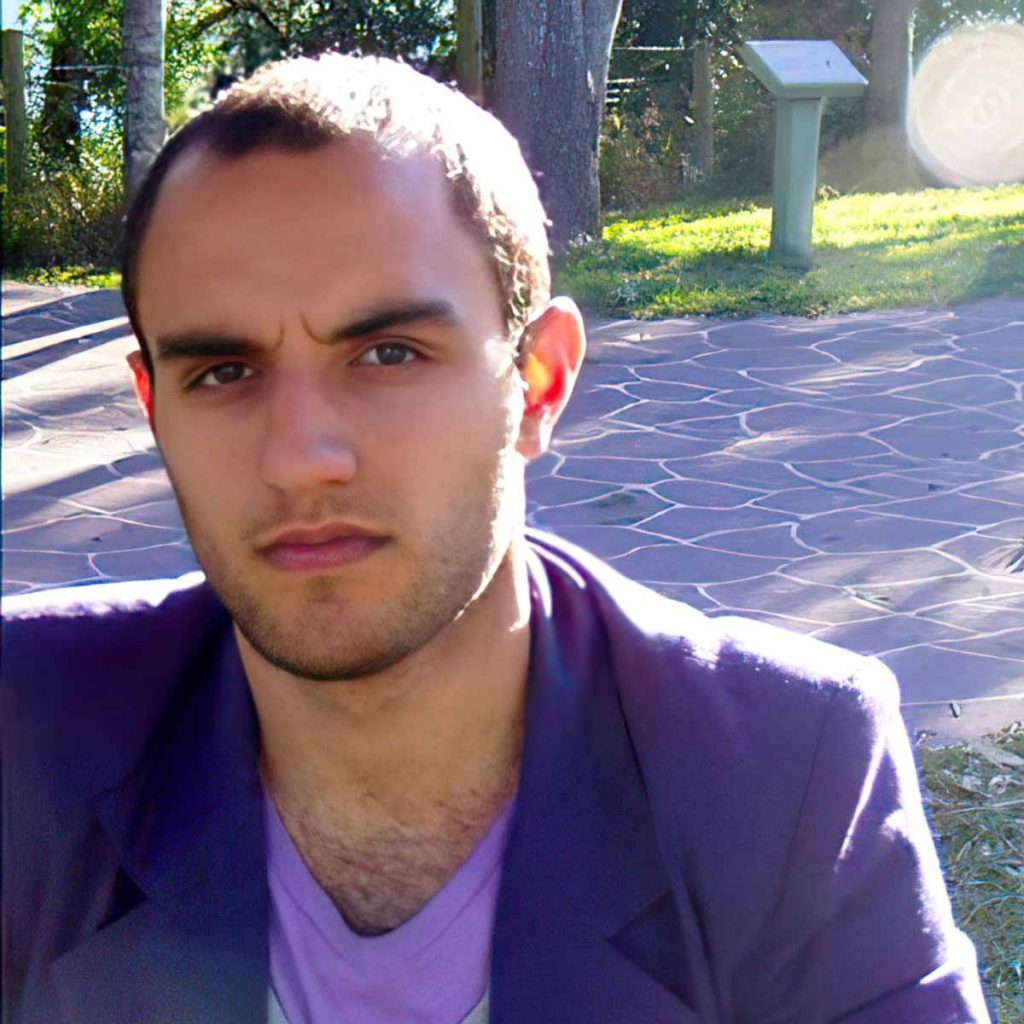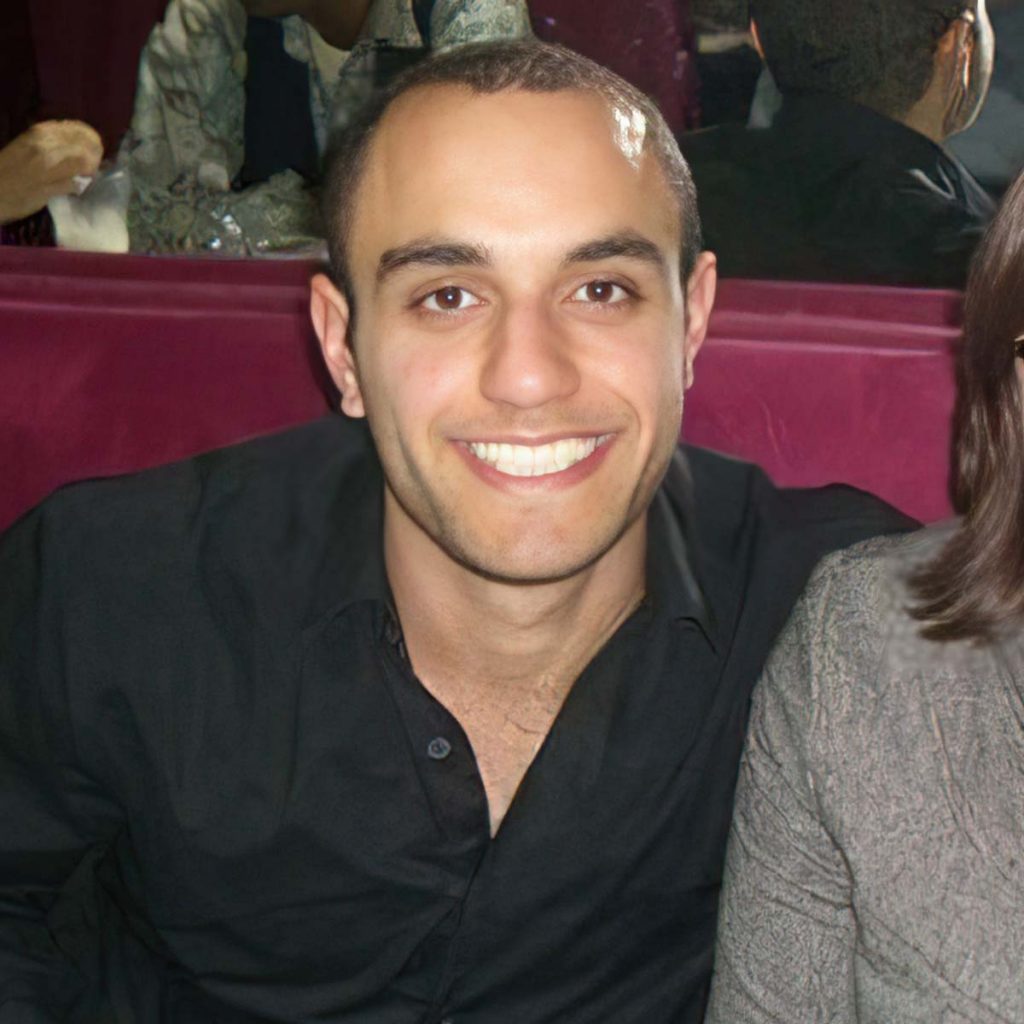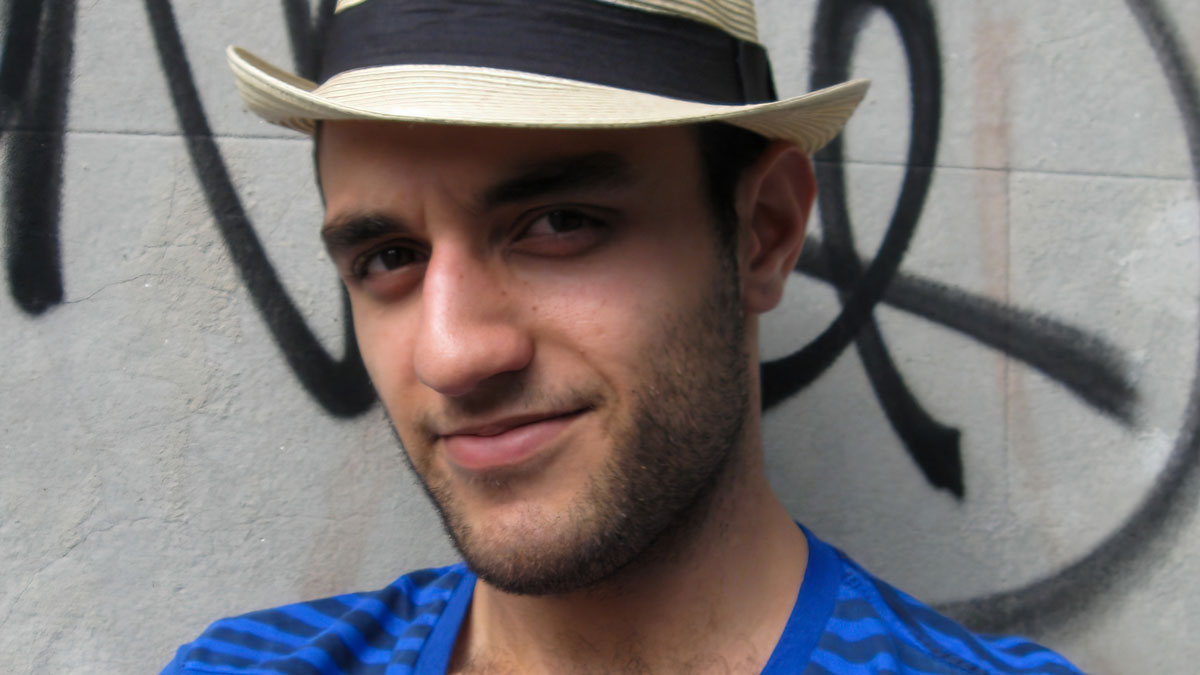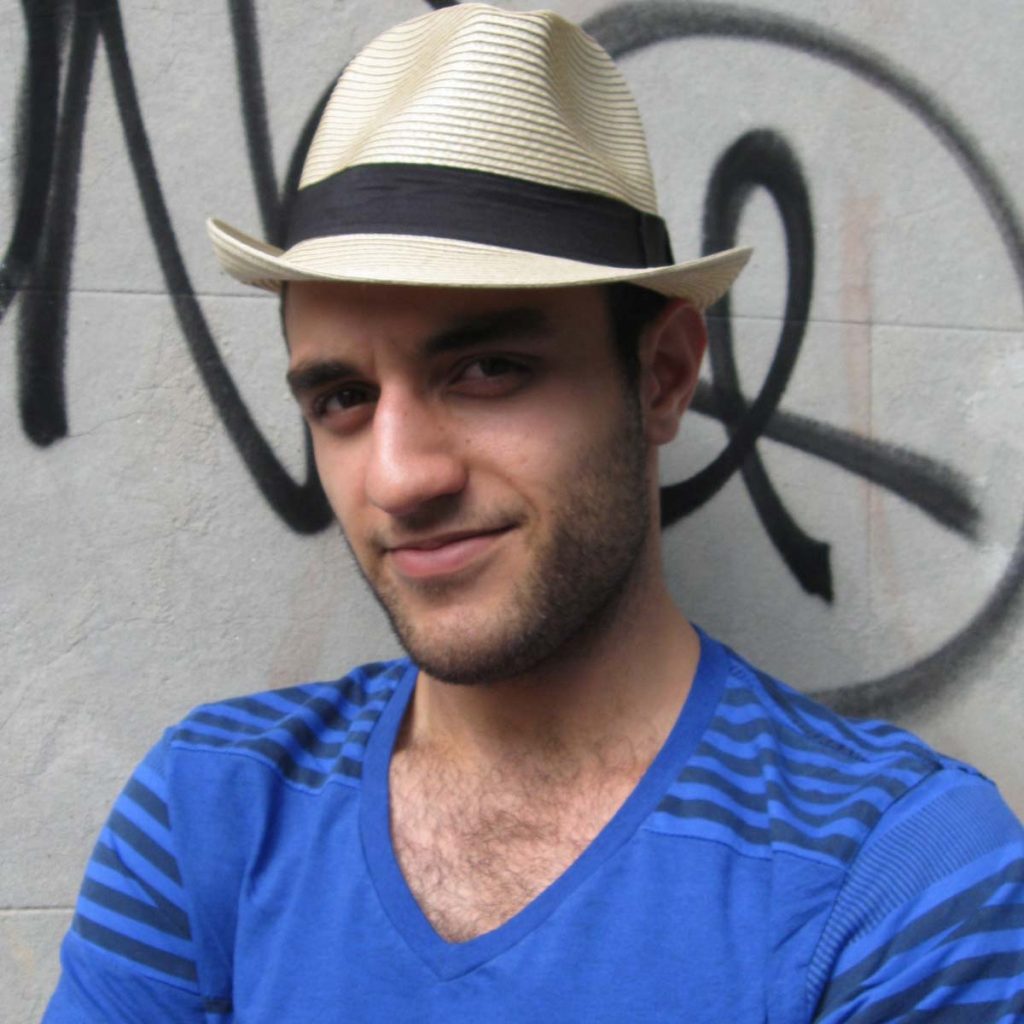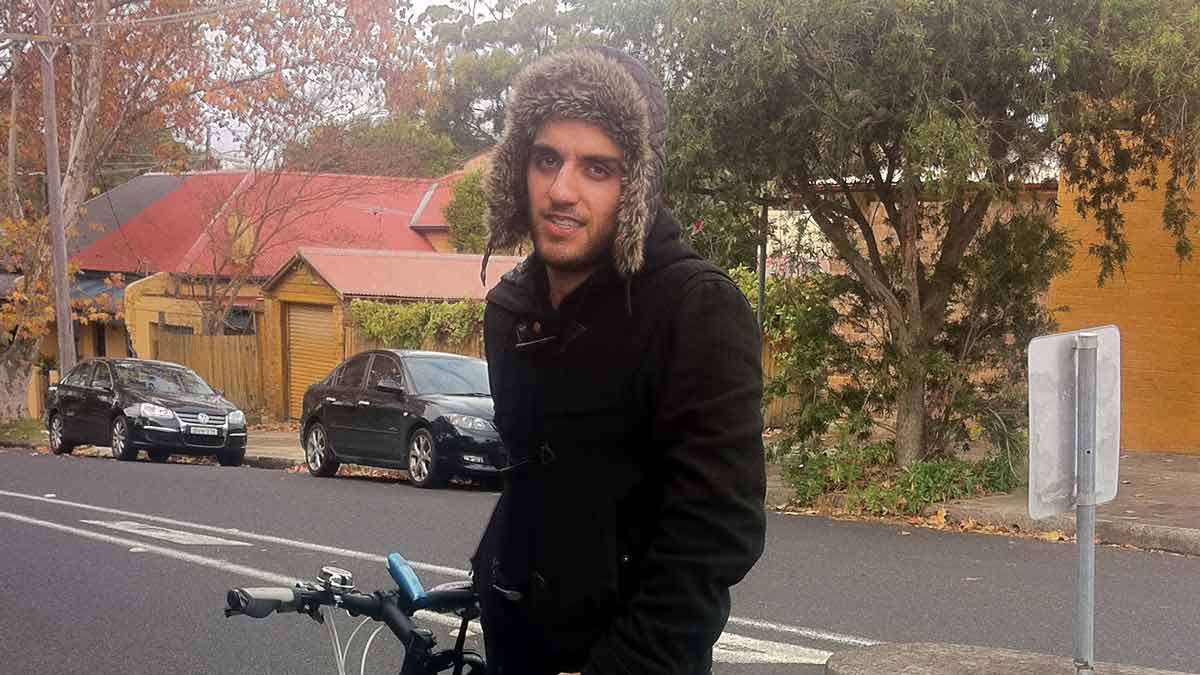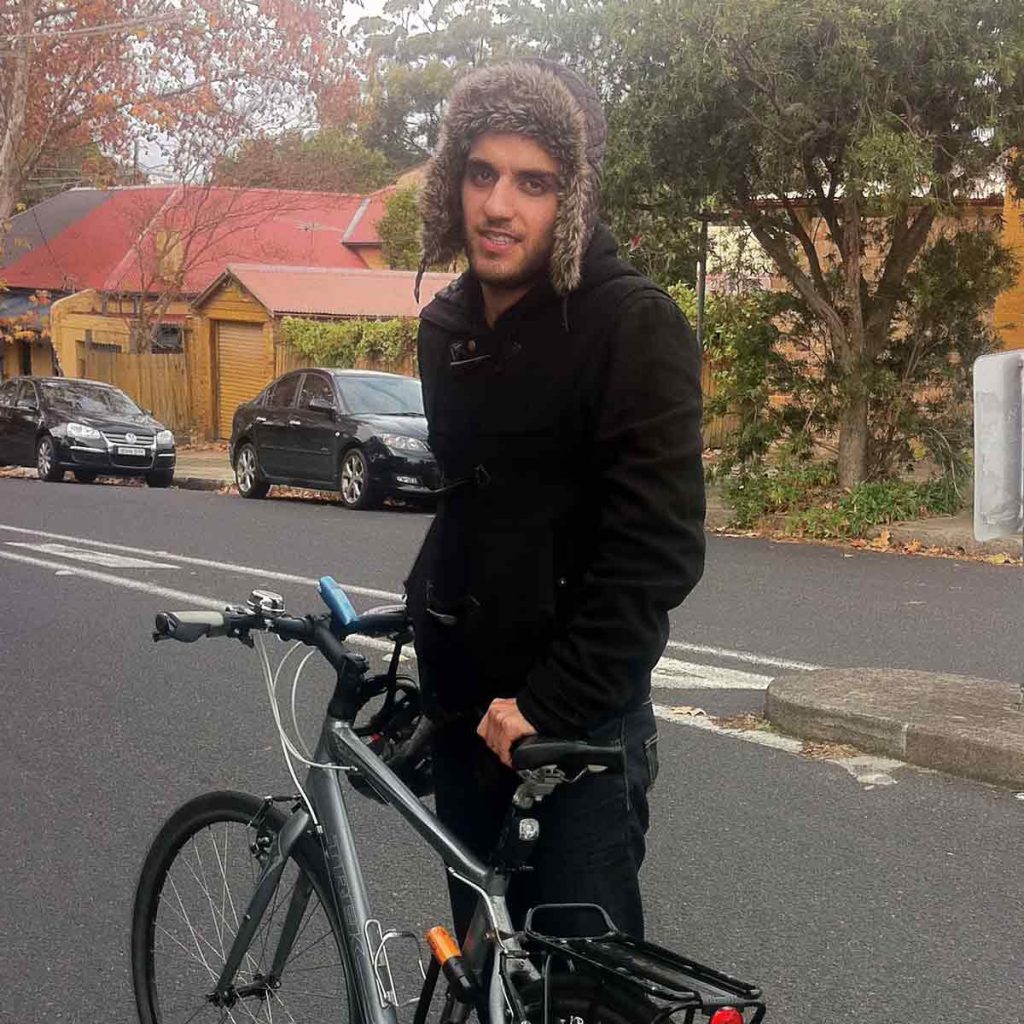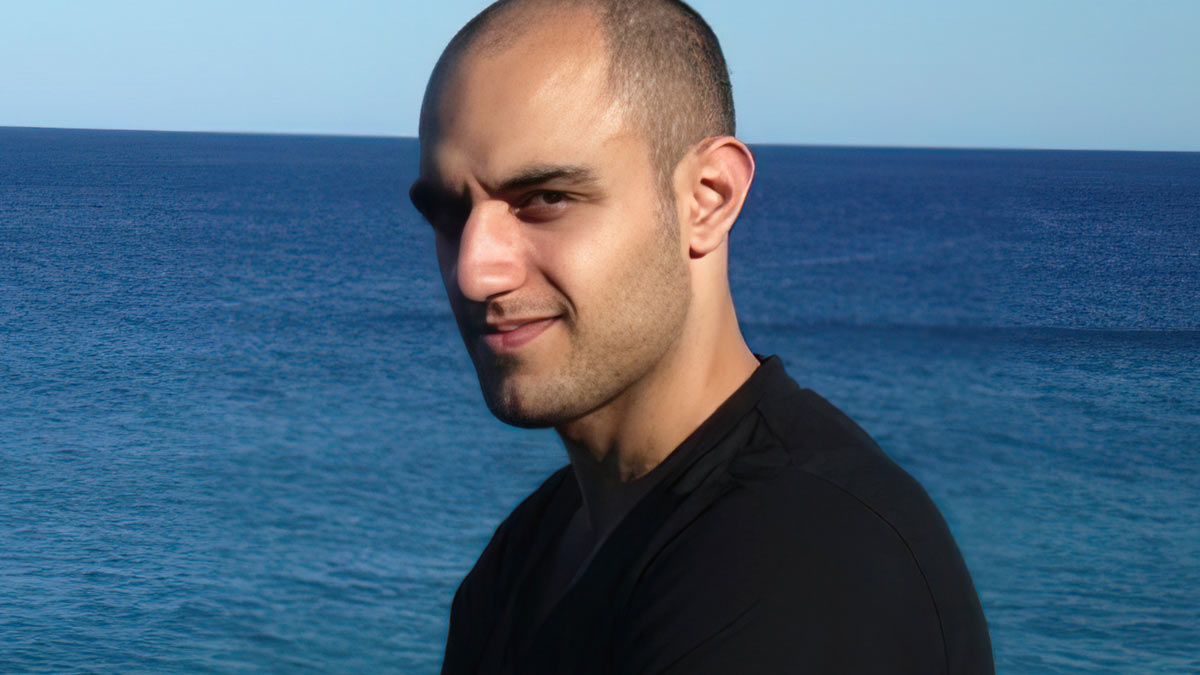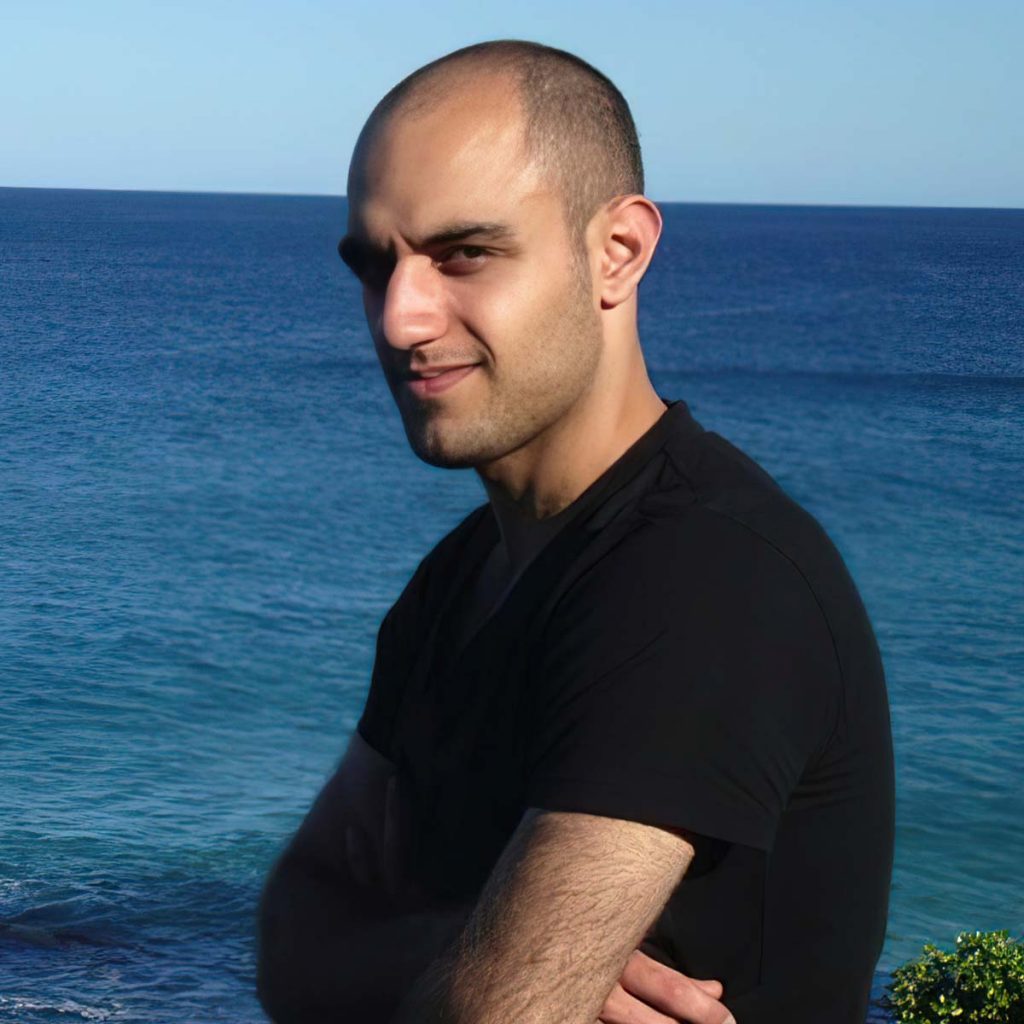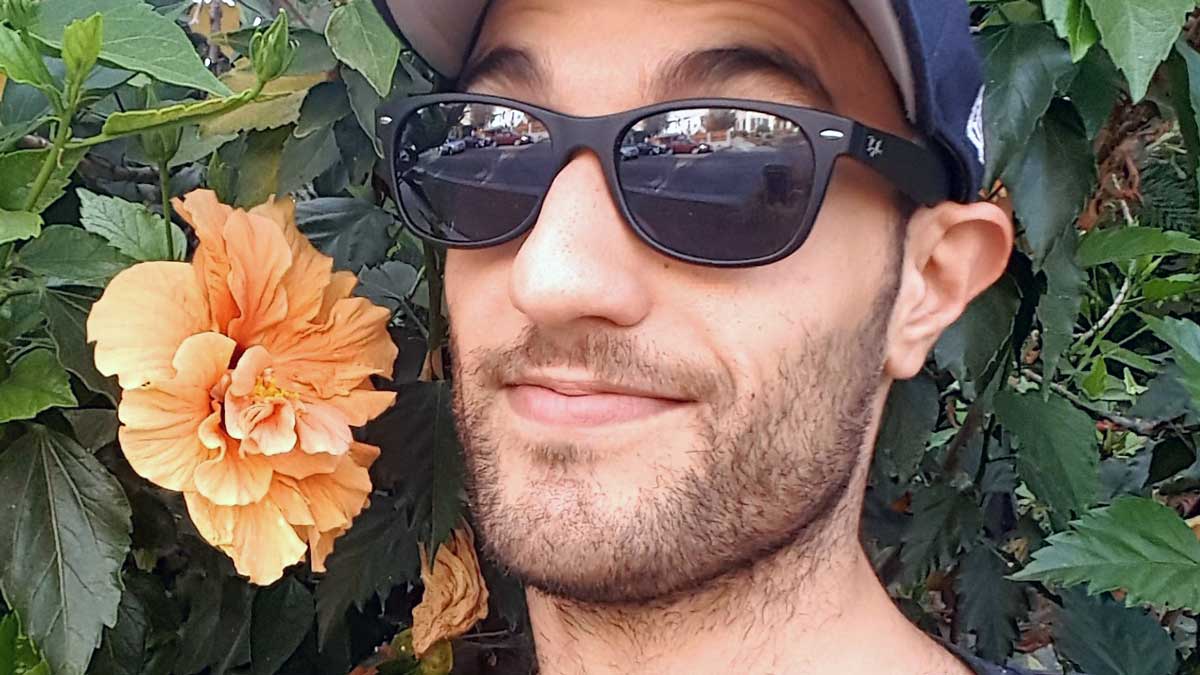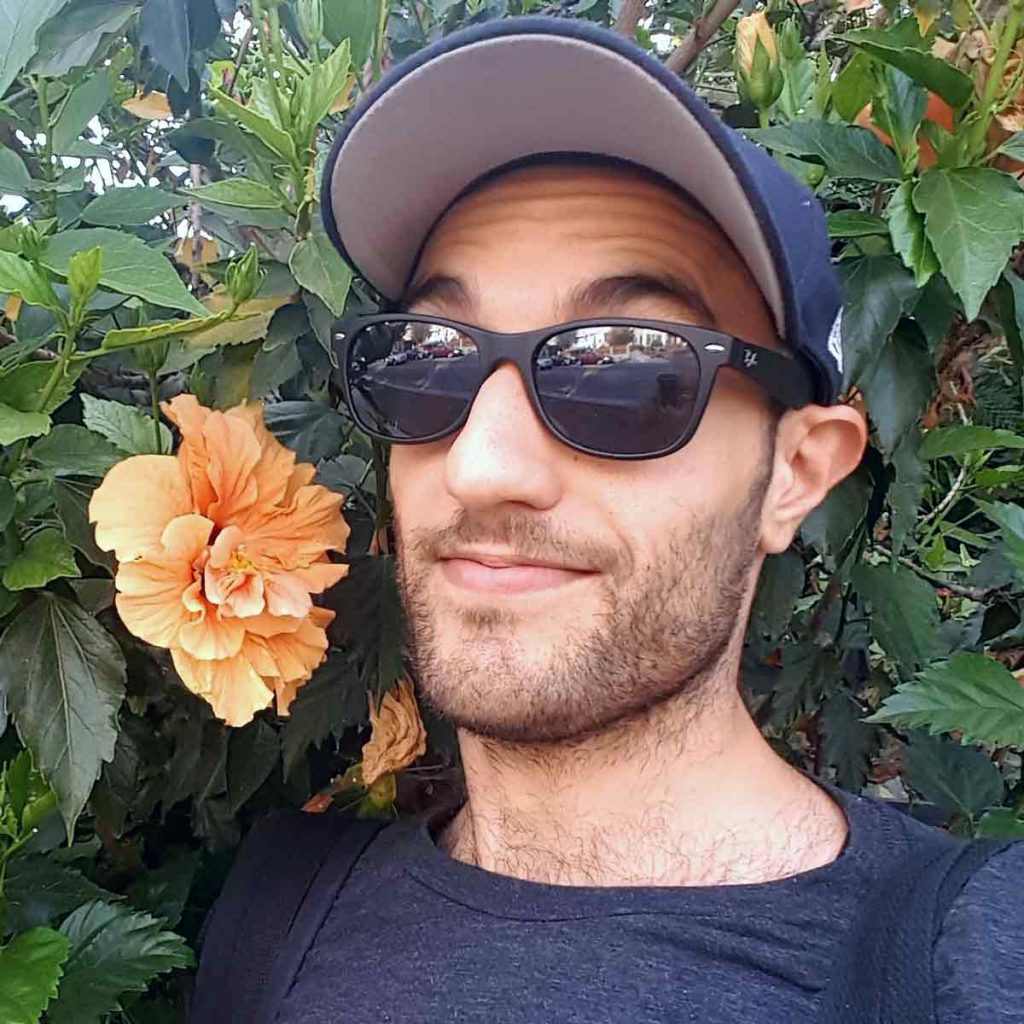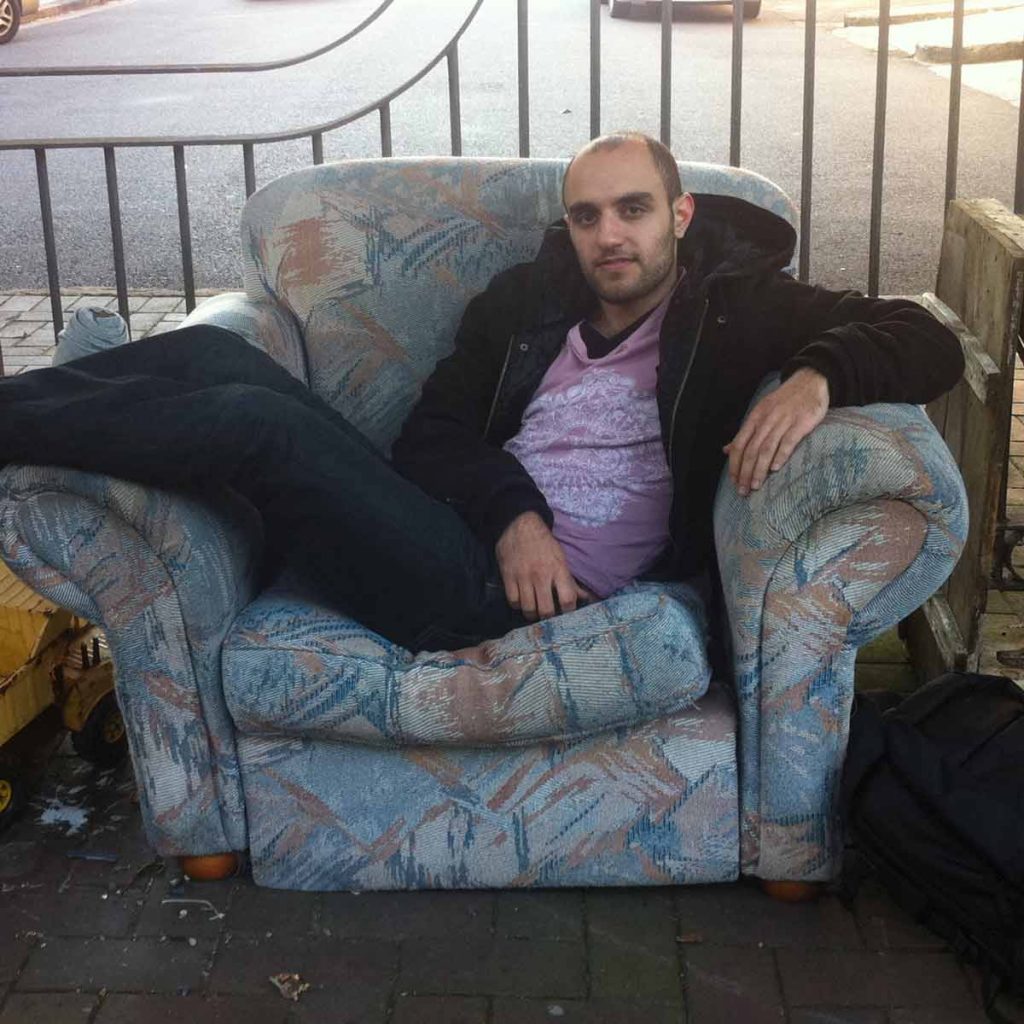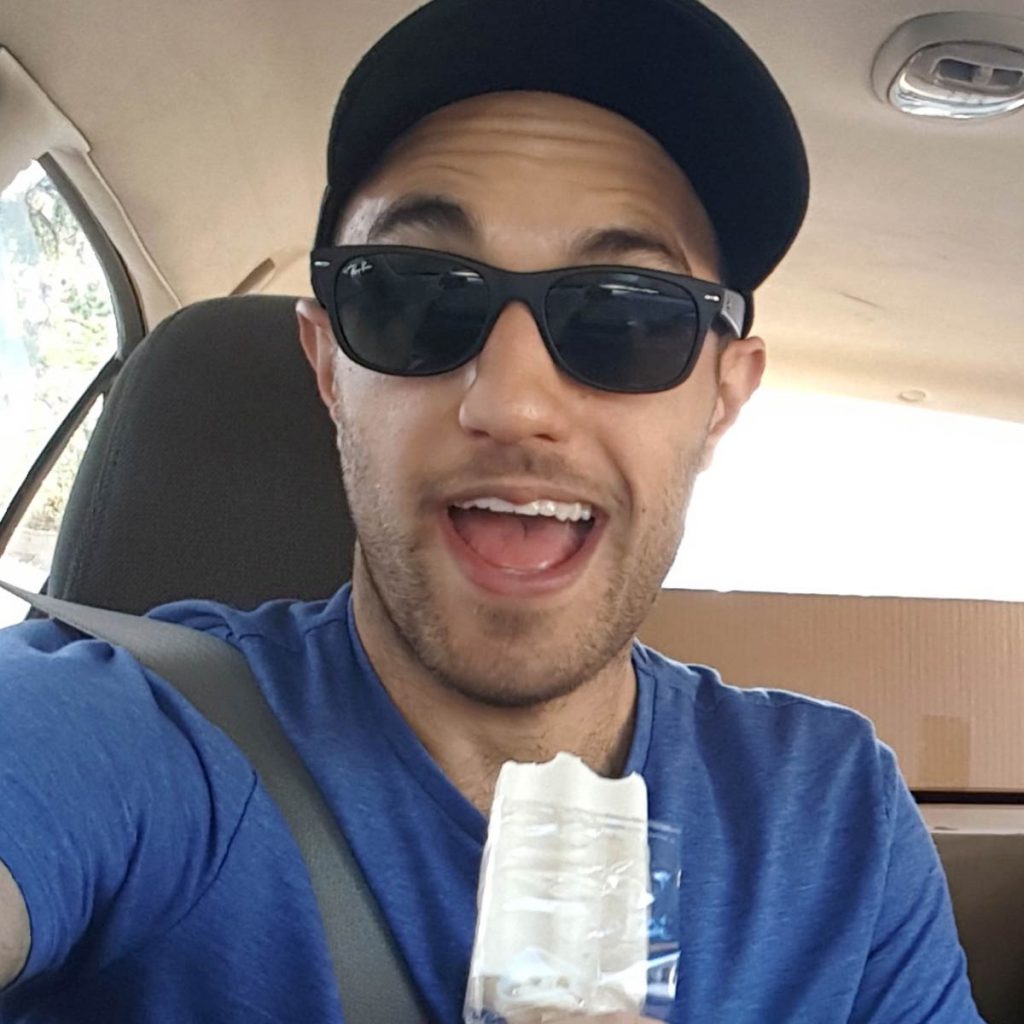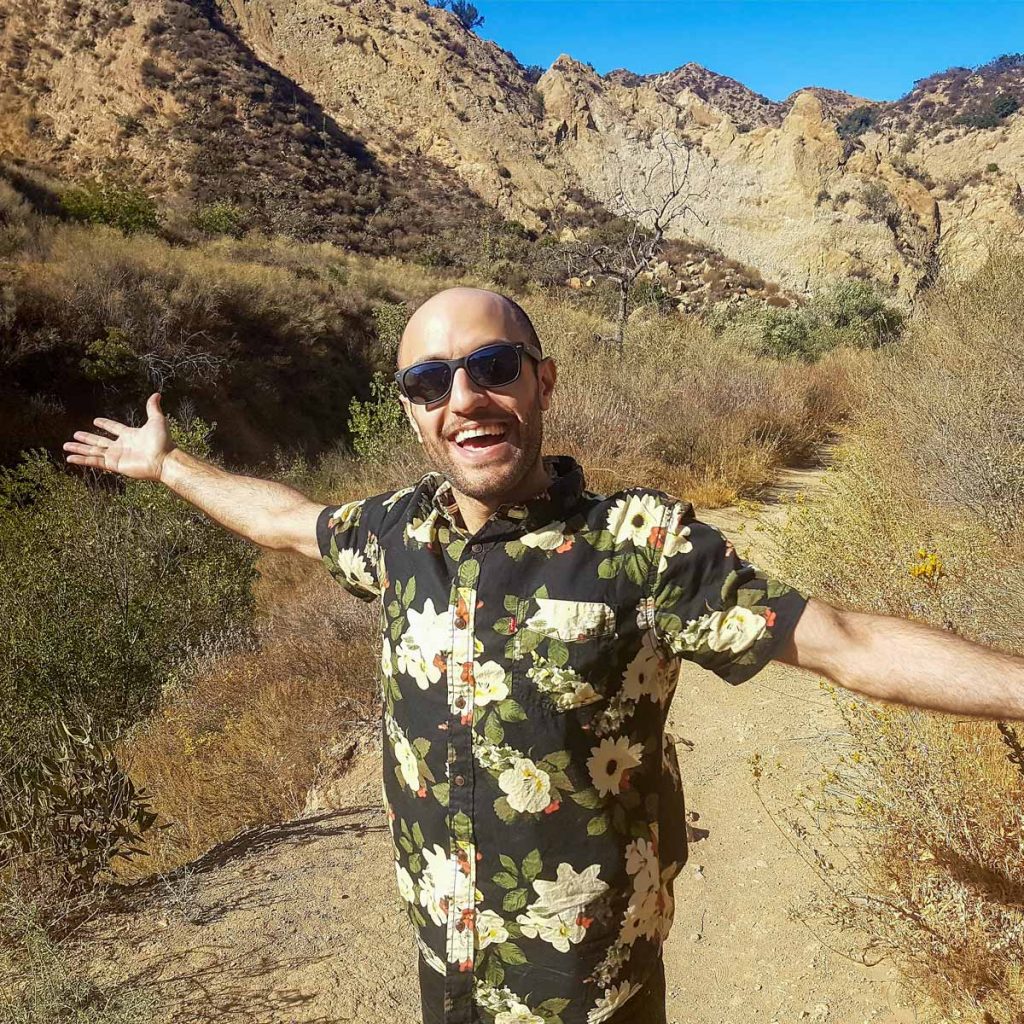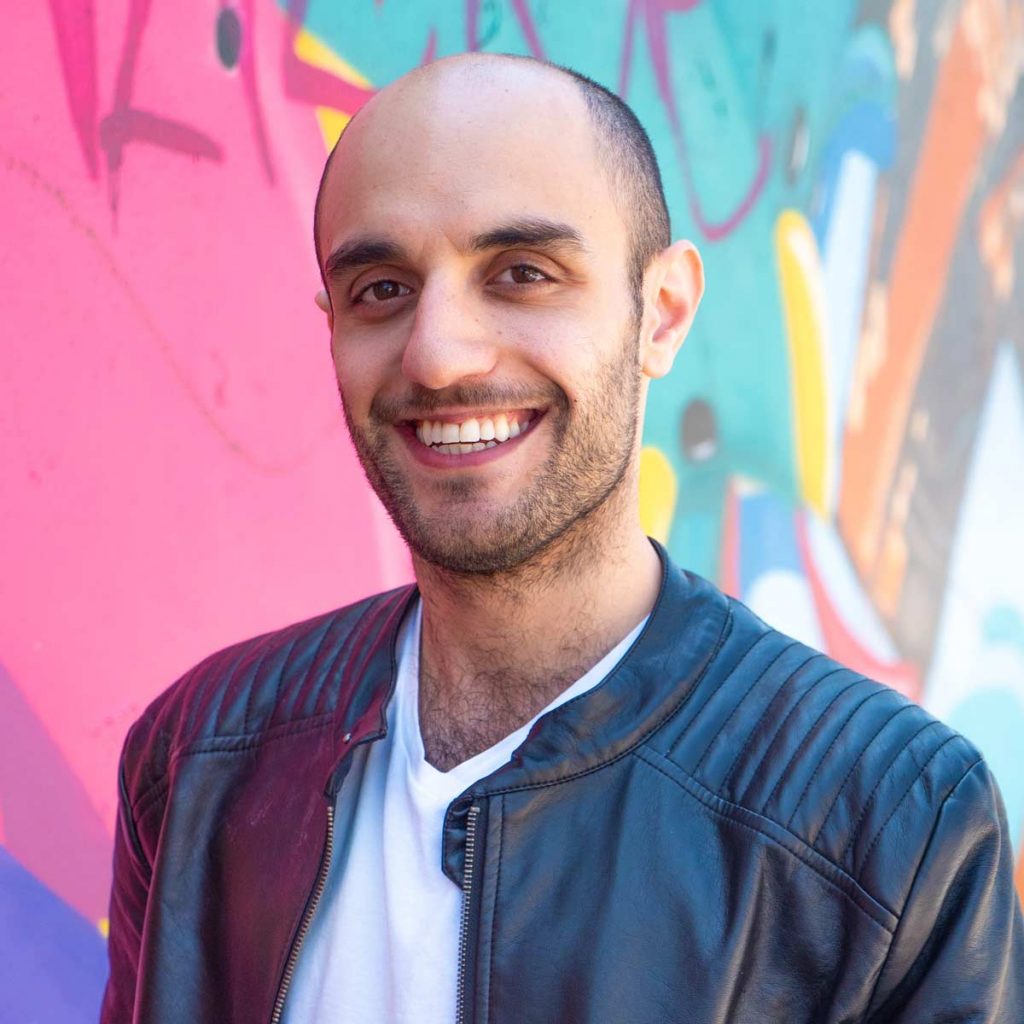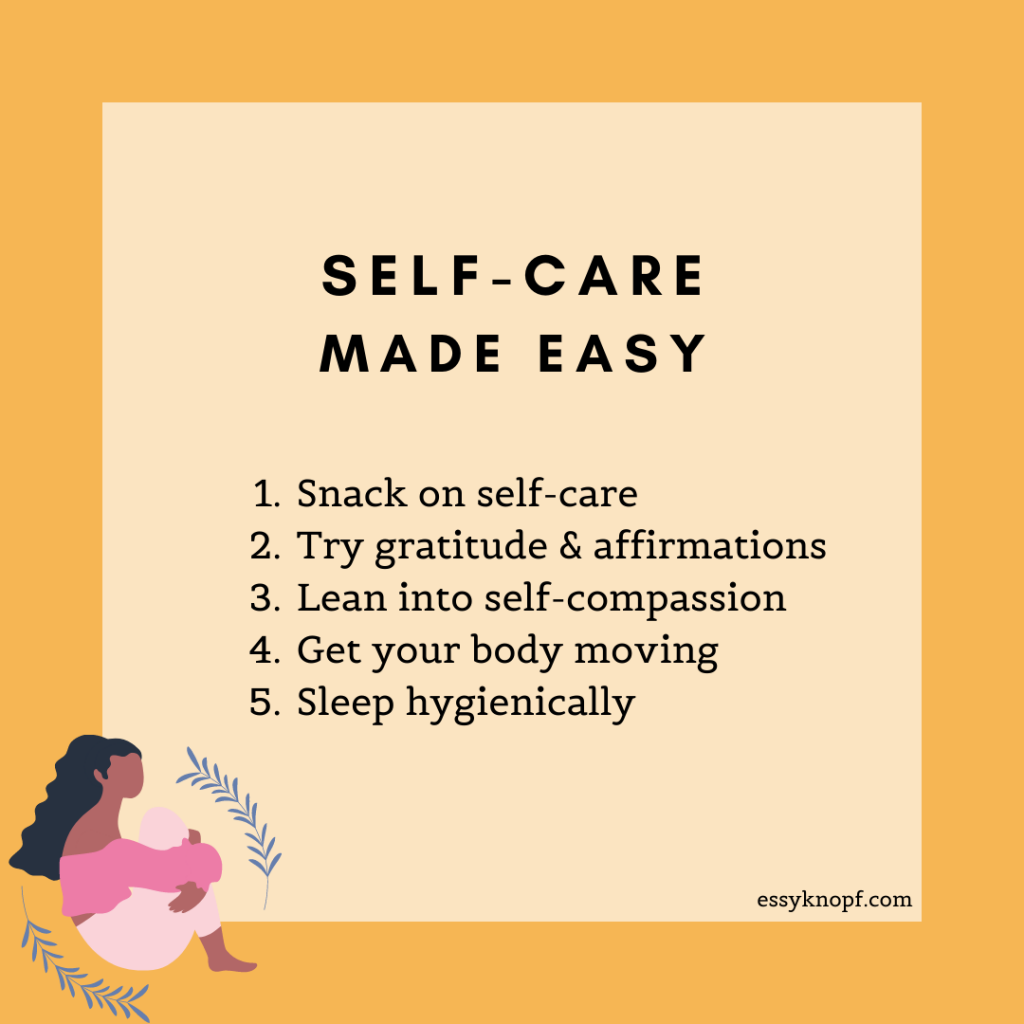Confessions of a Control Freak – Part 6: A Treadmill of Achievement
Confessions of a Control Freak is a memoir blog series exploring the impact of Obsessive Compulsive Personality Disorder, its origins, and the rocky path to recovery. Names and identifying details have been changed to protect the privacy of all featured individuals. Subscribe to receive all future posts. More about OCPD here.
I
Less than a week after my return from China, emaciated and stricken with the flu, I launched myself headlong into my latest bid at reinvention.
This involved a flight to Melbourne, a city completely unfamiliar to me, to check out a college where I was considering, of all things, studying microbiology.
Sure, the subject had zero connection to my previous interest in filmmaking. But now that I was back on home soil, my chances of making it as a director statistically speaking weren’t all that good.
The Australian film industry had been aptly compared to weaving one’s own baskets or churning one’s own butter. That is, the work that was available was scant and could not be relied upon with any certainty.
Success as a filmmaker I know was also heavily dependent upon networking. Given my history of delivering knee-jerk critiques and treating others as afterthought-to-ambitions, I knew this was an activity in which I was unlikely to succeed.
The decision to pursue microbiology might be, as I would later concede, premature, but it had followed a significant period of flailing. If I was adrift, a new course of study was the closest thing I had to anchor.
My previous lack of success abroad had sobered me. Commitment to one’s passion alone would not ever be enough to guarantee success, and while I didn’t want to sacrifice my creative pursuits, I also didn’t want to languish in the unemployment line.
The prodigal son had returned, but now the only thing paramount was securing a stable source of income. I was not willing to be financially dependent upon others—least of all my parents.
Yet after a day of dragging my flu-racked body across Melbourne, from college campus to a rental inspection, to a ratty hotel room, I realized I had no choice but to face the music.
Over a six-month period, I had relocated not once, but twice to Germany and then to China. All that time, I had been furiously pursuing my definition of security.
It had meant staying in the saddle of anxious planning long past the point of exhaustion. But what kept me in it was the fear that my ego might be bucked.
If I were thrown from this saddle, I feared I would suffer a fall from which there would be no recovery.
I was staving off emotions that—once swept under the rug—had formed a precarious pile, upsetting the psychic furniture I’d used for concealment.
Not only had this left me physically and mentally depleted, but it had also come with the realization that I had a problem for which I would not find a name—not at least for another decade.
But until then, it would continue to hold reign over my life, my health, my relationships, and my sanity.
And while my workaholic willpower had driven me to strike out into places unknown, to defy failure and pursue new outcomes, right now, will alone wasn’t going to cut it.
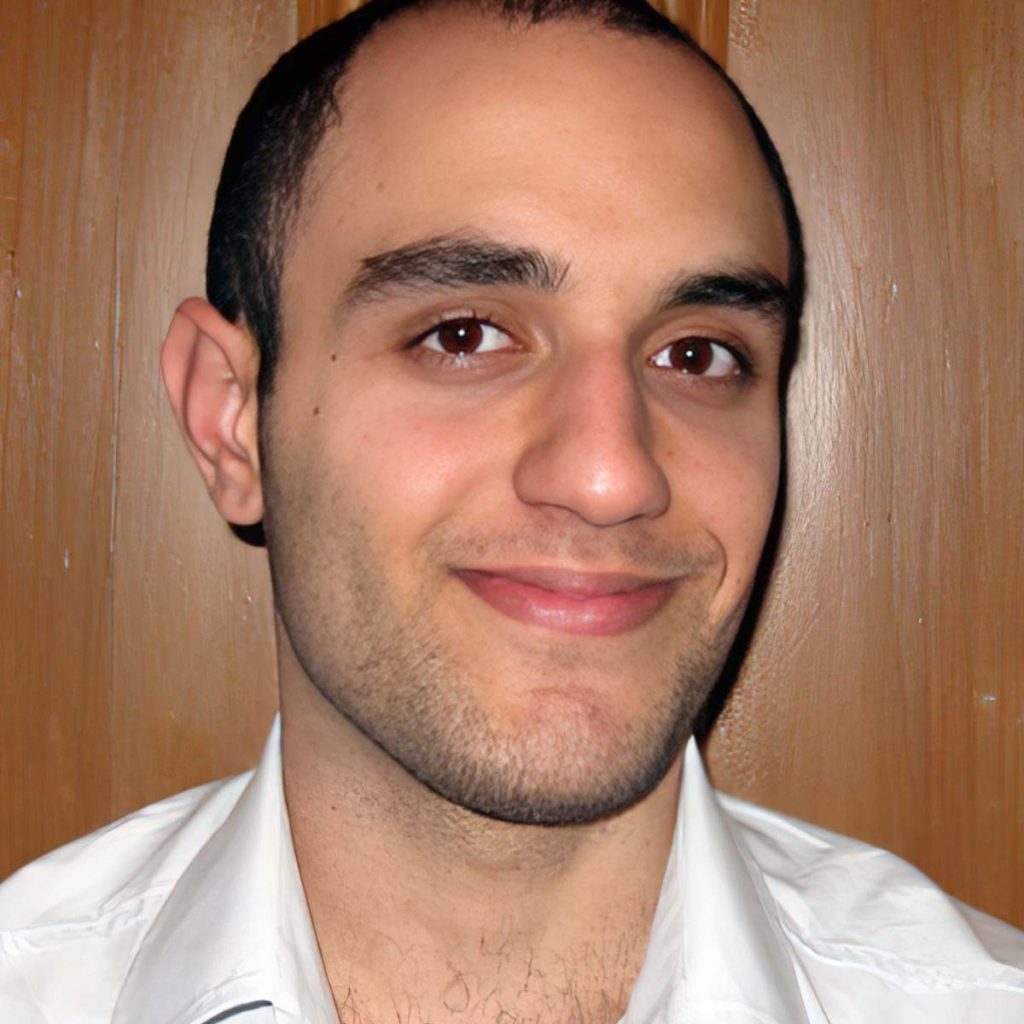
II
Microbiology was mothballed, and my original dreams reframed.
What had drawn me to filmmaking had been the opportunity to tell stories. Maybe if I found work as a journalist, I reasoned, I would be able to scratch this itch, while also finding ready employment.
This conviction soon sent me back to school, and the following year, I enrolled in a master’s degree in journalism.
But when this failed to improve my job prospects, I soon found myself floundering once again.
My pursuit of certainty led me next to a career in academia, and the next year I returned to school a third time to complete a master’s in—of all things—studies in religion.
Having found a supervisor sympathetic to my storytelling interests, I set to work writing a thesis on Joseph Campbell’s monomyth narrative pattern.
Between a busy full-time job working in a newsroom and taking weekend filmmaking classes, this proved quite the undertaking.
Not to be outdone, I immediately started planning my next degree: this time a certificate program at one of Australia’s foremost filmmaking schools.
To my delight, my application was accepted, and I passed the six-month program with flying colors, before opting to transition into a full year-long diploma program.
By the end of three years, I had completed four programs. Quite the achievement in most people’s books; but for me, this was only proof of my capacity to do still more.
I hadn’t even completed the diploma program when I started developing one short film assignment into a feature documentary.
And no sooner had the contract for a new journalism job been inked did I also begin writing a fantasy novel, one of many unpublished manuscripts I had been working on from the age of 12 onward.
I was trapped in a vicious cycle of achievement, and with every goal kicked, every bar met, the demands I placed upon myself only grew.
Did I ever pause to celebrate my accomplishments? Whoop and air punch in satisfaction at a job well done? Treat myself to a meal, a night out on the town? Nope, never, not a chance.
It was as if I were standing in some hall of mirrors, staring at reflections of some unattainable dream, stretching away into infinity.
Spending my wages exclusively on my work seemed only natural. If efforts alone weren’t winning me acclaim or shoring up financial security, then it followed that I would have to expend my money in pursuit of these goals as well.
To this end, I took no vacations. When I did plan a trip to first Turkey, and then India, it was with the express purpose of conducting research for my writing projects.
Rather than dedicating savings toward buying my first car, I used my income to bankroll my feature documentary.
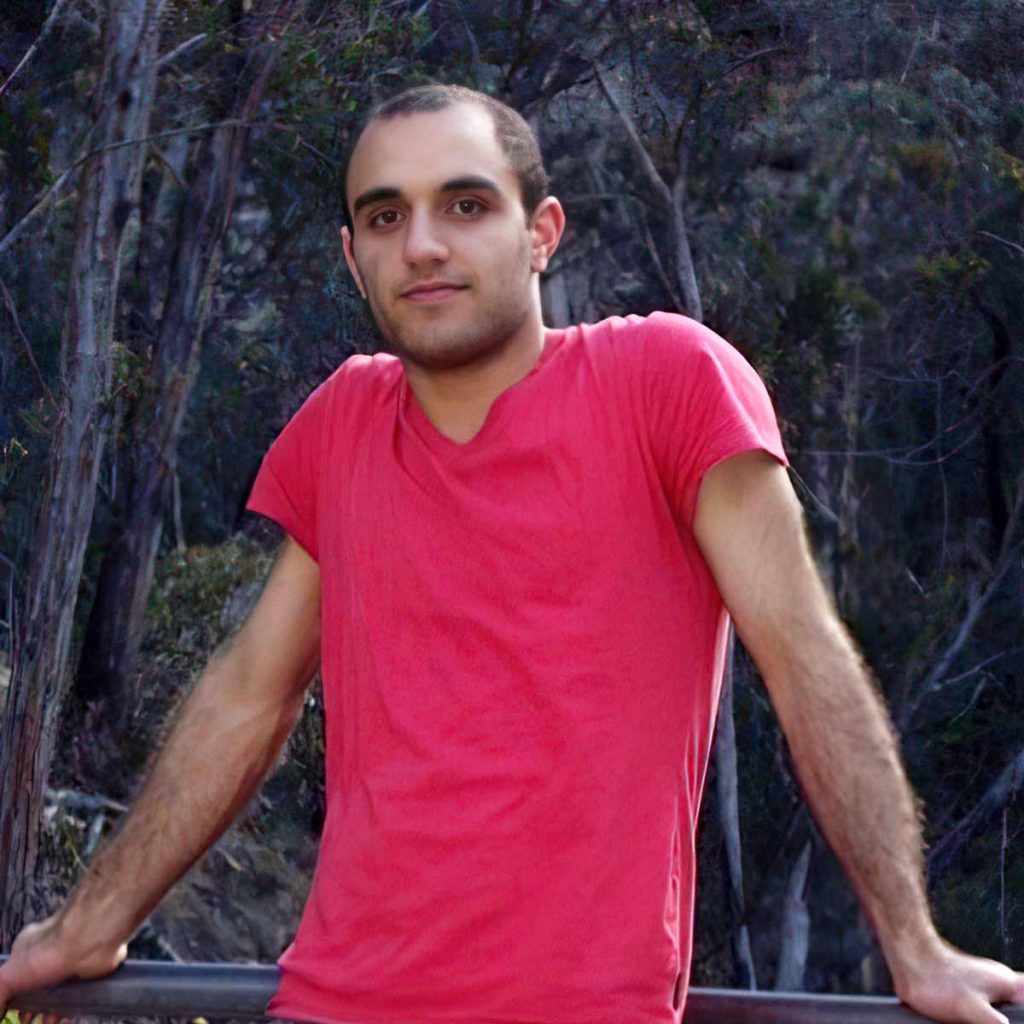
III
When I walked, it was with my body slanted forward. This perfectly described my psychological stance: I was discontent with the present and always leaning towards some improved future.
Attaining this future required that every thought, dollar, and second of time be sacrificed at the altar of hoped-for success.
After Germany and China, failure was forever in the rearview, a constant reminder and existential threat.
No attention was to be spared to any accolades, as minor as they were. Though my film received a national broadcast, it wasn’t as if I had made any money from it.
And though my employer had agreed to transfer me to the Los Angeles bureau, I hadn’t yet been feted by the Hollywood press.
My film complete, my book snubbed by every agent I submitted it to, I moved swiftly onto my next obsession: screenwriting.
To this end, I subscribed to film and TV trade publications and began devouring award-winning screenplays, how-to books, and podcasts.
Next, I attended every class and seminar I could afford, while submitting entries to every major screenwriting fellowship and program.
Somehow convincing my employer to transition me to a part-time role, I dedicated all the days in between shifts furiously writing and rewriting.
But under the harsh light of perfectionism, my work was forever found wanting.
If I was harsh on myself, I was equally so with fellow aspiring screenwriters. Attending screenwriting classes, I would appoint myself a kind of self-made authority, dispensing vinegar in place of honey.
While intended to improve, my feedback more often than not decimated.
“Reading this, I’m not sure who the audience is exactly,” I’d say, opting for brutal realism in favor of gentle encouragement.
“I feel like this character is just pure wish fulfillment.”
“This right here? It’s what you call ‘throat-clearing’ dialogue. You should probably cut this entire section.”
Some met my critiques with obligatory nods. And a few would simply respond with a look that seemed to say: “Who are you–one of the Seven Princes of Hell?”
To which I would respond with a look of my own, saying: “A bloodless dispenser of facts.”
Blaming this poor reception on a general lack of dedication on my classmate’s part, I tried my hand at leading a writer’s group.
Almost without fail, however, each member would fail to turn in pages before our meetings.
While I wouldn’t quite call myself a stickler, I always pressed them for a reason. Death in the family or no, there was going to be no free passes—not on my watch.
The few times drafts were at last submitted, it wasn’t long before they were wilting under the scorching heat lamp of my analysis.
Many, I gathered, had submitted pages expecting unabashed praise. When they didn’t receive it, they withdrew from the group, citing a change in availability.
But as dense as I could often be, I knew their real reason. Namely, me.
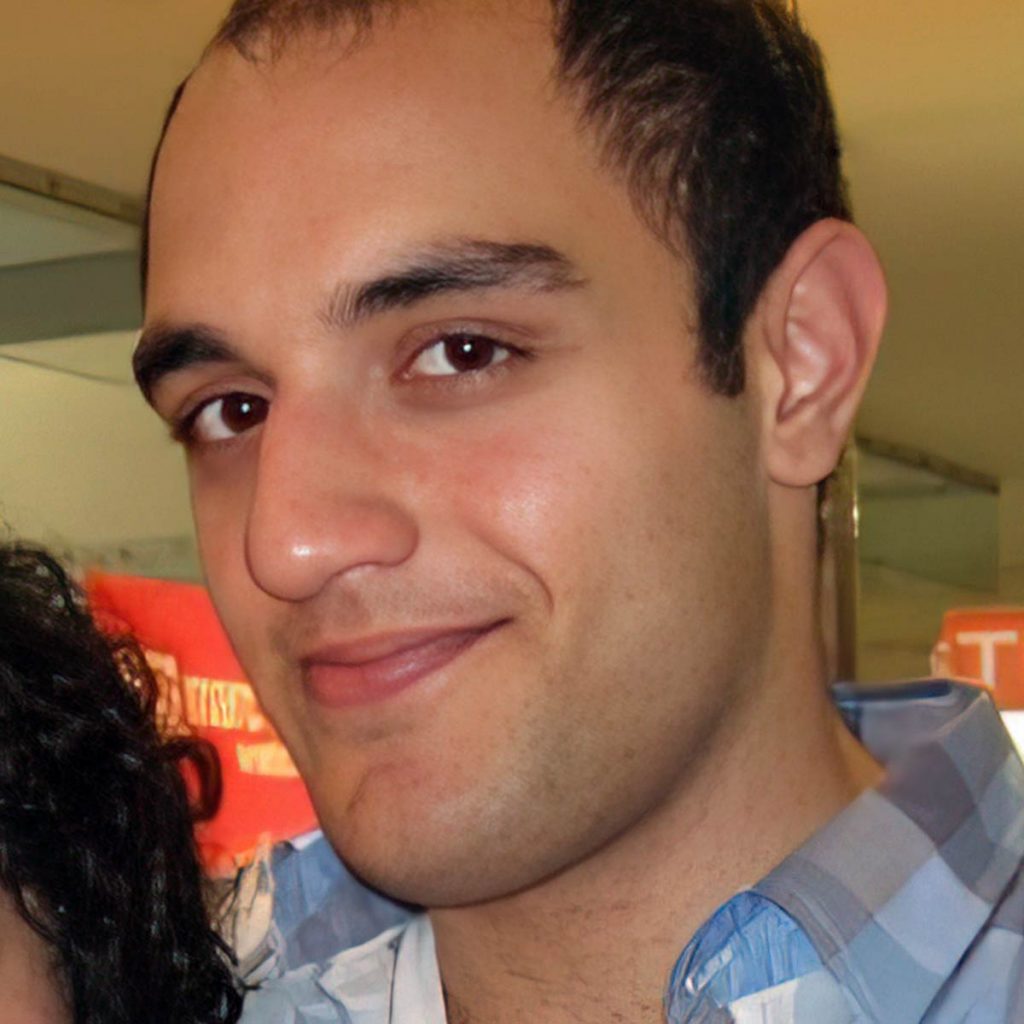
IV
For fifteen years, I was dogged by the belief that if I stopped, some catastrophic bugbear that had long haunted my imagination would eat me alive.
So far, he’d managed to only take a few nips, here and there, during the depressive slumps that usually followed the completion of a project.
I found it almost impossible to suspend workaholism. Even in social settings, I was usually set to the “intense” setting, like a concert venue speaker dialed to max.
Niceties I found abhorrent, preferring instead to make a judgmental comment or a tacit criticism.
Which wasn’t to say I didn’t try to conceal my dysfunction; only that sooner or later I would find myself tearing open the tightly-buttoned coat of my psyche like some shameless streaker.
In my own understanding, I was—ultimately—a person of good intentions, and that was all that should have mattered, and not the fact it so often paved the way to hell.
There was a certain peace to be found nevertheless in resignation. No one else would ever truly understand me, and that was okay.
Others might see me as a chronic complainer, an uptight mope, a savager of egos. But in my view, I was a raging furnace of passion that converted every obstacle to fuel.
My philosophy might have easily been summarized by the Fiona Apple lyrics: “Be kind to me, or treat me mean / I’ll make the most of it, I’m an extraordinary machine”.
Social rejection, career disappointment, unfulfilled dreams—these were burdens under which anyone else might buckle and strain. Me, on the other hand—I’d simply metabolized.
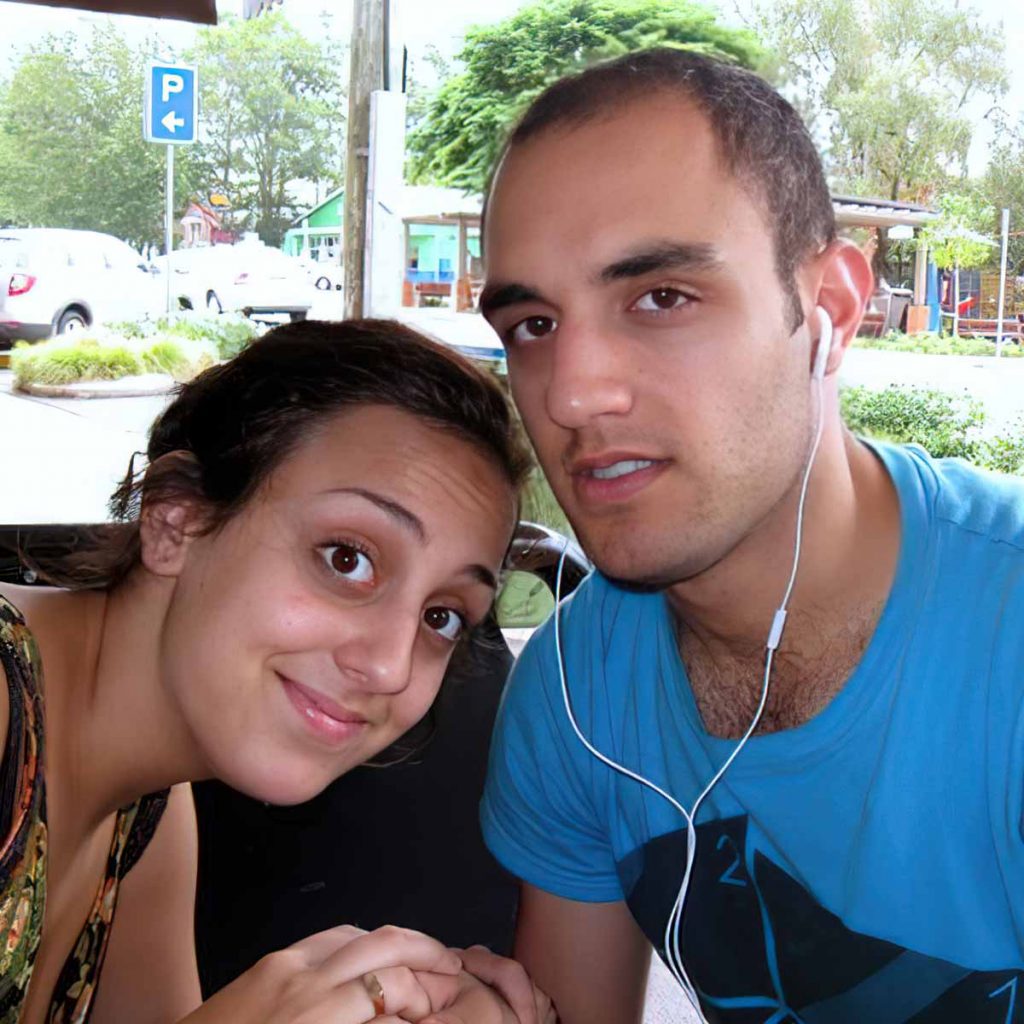
V
Year after year, I had donned my rubber boots and sloshed out to the paddies of fortune to sow my seeds.
And what, ultimately, did I reap, you ask? What harvest did all this assiduousness yield?
Over the course of twenty years, I produced one feature film, 36 short films, and 19 screenplays.
Nine novels, 14 short stories, and 70 poems with a cumulative word count well past the million mark. Nine songs and eight podcast episodes.
On top of this, I had completed multiple degrees, masterclasses, teleseminars, and internships, while still managing to hold down several full-time jobs.
To others, these were accomplishments. But to me, it seemed that all along I had been jogging in place.
Only afterward was I able to recognize that this “place” was actually a treadmill of achievement.
On and on I had run—roughshod over others, treating them, at best, as stepping stones, at worst, as hurdles on the path to a success I would never see or savor.
Running from the past towards an ill-defined future, I had banked on some finish line marking the beginning of deliverance. But deliverance from what, exactly?
What, I wondered, would it take for me to feel satisfied? A ticker-tape parade? A televised acceptance speech? A million dollars?
When would “enough” truly be enough?
Confessions of a Control Freak continues with Part 7: “A broken hand-me-down”.

Essy Knopf is a therapist who likes to explore what it means to be neurodivergent and queer. Subscribe to get all new posts sent directly to your inbox.


